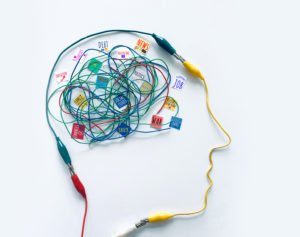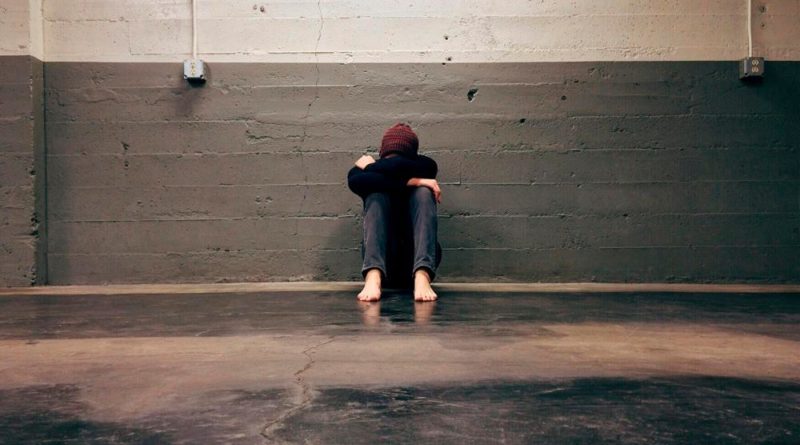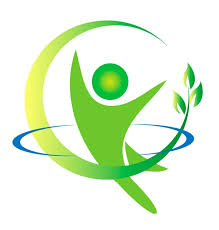OPINION-HEALTH | Athlete mental health key to performance
Pix for visual purposes – PEXELpix
.
However, despite their exceptional abilities, the demands of performance can take a significant toll on their mental health.
With international exposure and the constant glare of social media, these stressors are often magnified.
Even many top international athletes have been severely affected, sometimes to the extent of withdrawing from competition to seek therapeutic help.
In recent years, the involvement of medical professionals in sports organisations has provided critical therapy for athletes’ mental health needs.
This support is increasingly recognised and valued.
Athletes across various sports frequently experience symptoms such as paralysing anxiety attacks and excessive fears.
Additionally, they often suffer from deeper depression than the general population.
Athletes face a unique culture of stressors and disorders, which can be exacerbated by the injuries they endure.
A 2019 study found that approximately 35% of elite athletes experience mental health concerns.
Key issues reported by athletes include feelings of burnout from constant competition, debilitating depression, and anxiety.
Malaysia’s elite athletes operate under intense pressure, facing unrealistic expectations from coaches, sports associations, teammates and even themselves.
 Ads by:
Ads by:
The relentless pursuit of perfection often takes a considerable toll on their mental and physical well-being.
Athletes require both physical and mental resilience to withstand the scrutiny of aggressive sports reporters and online “keyboard warriors”.
Many coaches and mental trainers have banned athletes from using social media during major competitions to alleviate this additional stress.
Our national sports associations and independent players need increased awareness of the barriers to mental health treatment, including diagnosis, stigma and the availability of resources.
Elite athletes require comprehensive care that addresses their interconnected physical and mental health needs.
While the National Sports Institute plays a vital role, timely intervention by counsellors, physicians or psychiatrists is crucial.
To keep pace with the modern demands of athletics, Malaysia must support athletes from their school years through to professional levels with the latest advancements in sports science.
These include technologies that analyse talent and enhance performance, hyperbaric treatment for expedited injury recovery and innovative mental reinforcement techniques that give athletes a competitive edge.
We owe our athletes the best possible support to help them remain injury-free and perform at their peak.
By doing so, they can bring glory to Malaysia while preserving their physical and mental health.


@[email protected]
C. Sathasivam Sitheravellu
Seremban





 Memento Maxima Digital Marketing
Memento Maxima Digital Marketing







